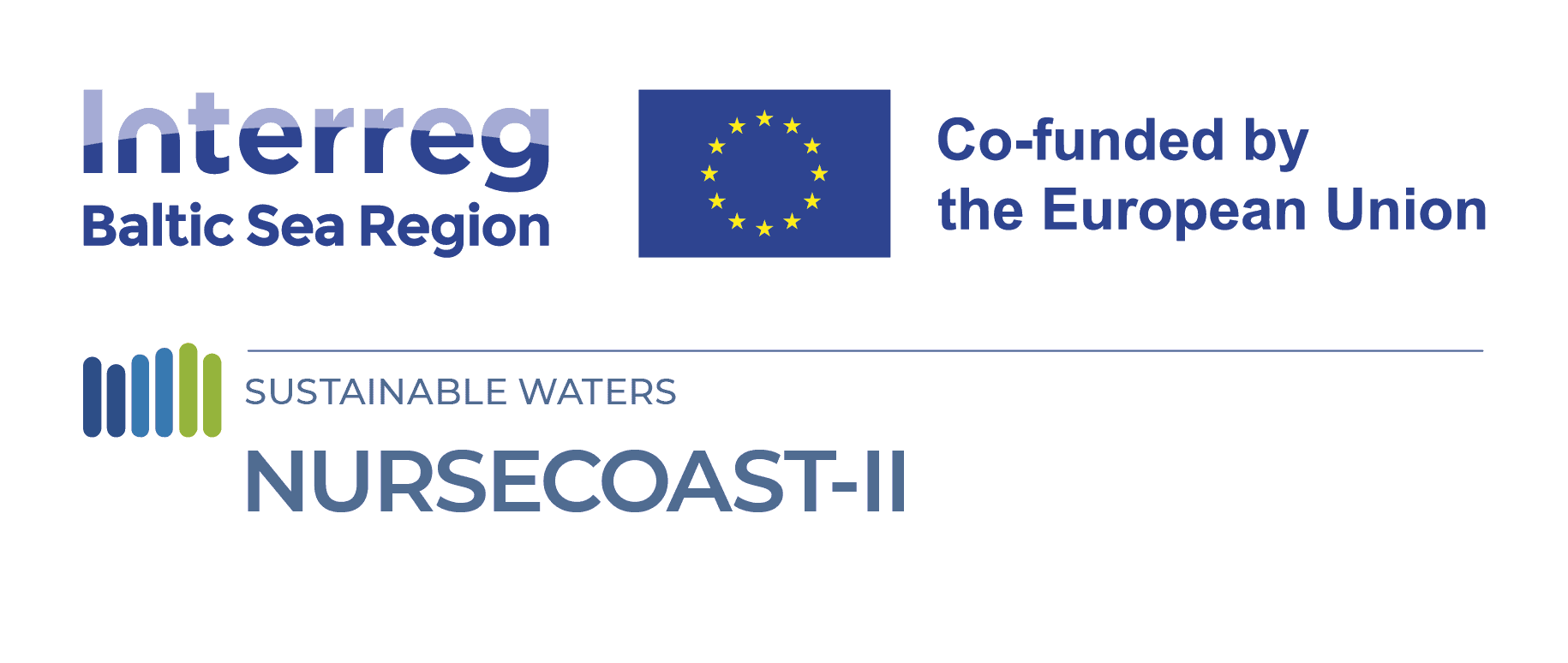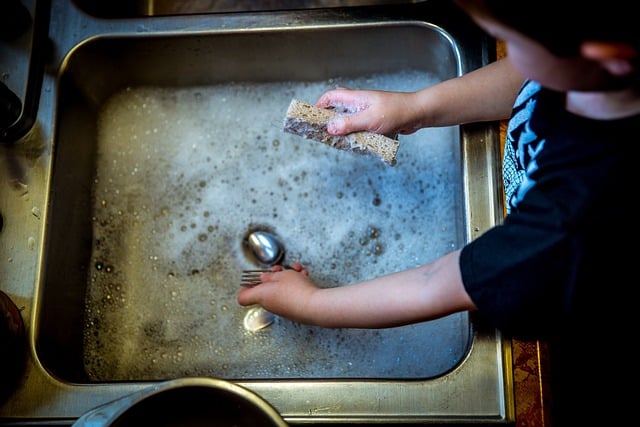
What is the place of decentralised wastewater treatment for water reuse?
14 February 2024
While commonly used in rural areas, its adoption in urban environments in Europe faces challenges like regulatory complexity and operational safety. Despite these barriers, decentralised treatment is gaining traction in Europe as a means to conserve freshwater resources and alleviate strain on centralized infrastructure.
Therefore the association Water Reuse Europe (WRE) organised a webinar to unite experts in decentralised treatment from Europe and beyond, aiming to explore the drivers, innovative strategies, technologies, benefits, challenges, regulatory concerns, and cost implications associated with this approach. Four experts from the USA, France, Belgium and the UK presented their innovative solutions to the participants of the webinar.
NURSECOAST-II team members participated in the webinar and collected key insights from around the world about the best practices of decentralised wastewater treatment for water reuse:
- The Director of Water Resources at the San Francisco Public Utilities Commission (SFPUC) introduced their system of on-site water treatment for reuse, diminishing the reliance on potable water for non-potable purposes like toilet flushing and irrigation. Oversight and management programs were a pivotal aspect of effectively treating water on-site and safeguarding public health. Furthermore, San Francisco initiated the National Blue Ribbon Commission for Onsite Non-potable Water Systems to expand the adoption of on-site water treatment systems throughout North America.
- In Belgium DuCoop, a local cooperative, offers sustainability services for new or existing districts and business zones as in the new district ‘De Nieuwe Dokken’ in Gent, built within the NEREUS Interreg project. In this project pilot a greywater treatment plant purifies greywater from the apartments (wastewater from sinks, showers, baths, washing machines…), allowing further downstream processing and water recovery for process water in a nearby industry. The temperature of the treated effluent is recovered by a heat pump. Additionally, DuCoop will utilize state-of-the-art technologies to recover nitrogen fertilizers from the effluent of wastewater treatment.
- FIRMUS, a French company helped develop the Firmus Grey Water Recycling System (FGWRS), which recycles grey water from sinks, showers, laundry, dirty dishes, floors, and cooking for use in toilet flushes and non-potable applications. This results in reducing usage costs and resource consumption including energy recovery. They even use the recovered water as drinking water in a research station in Antarctica. This, however, is not yet possible in France due to national legislation.
- Senior Process Engineer from Aquabio Ltd., UK presented the drivers for water reuse and the opportunities available as well as current challenges. The objectives of the company are to improve nutrient recovery (up to 80%), water quality and heat recovery. Challenges are next to technical ones, in particular of a legal and social kind. The reuse of treated wastewater is often restricted and even prohibited for potable purposes. The European Union Drinking Water Directive sets out the standards and requirements for drinking water. Each country has its own laws in addition though. Another critical aspect is the public perception and, thus, the acceptance of using or even drinking recycled water. Even if it is stated as safe to consume, there might be inhibitions or rejections from people. Financing new technologies is another challenge faced by the companies. This could be tackled through incentives or by promoting a sustainable image that yields new income.
In the closing discussion, it was determined by the other speakers that especially on the legal and the social level, that it is important to make some changes for further spreading the reuse of water and decentralised solutions. NURSECOAST-II is excited to be part of seeking better solutions.






